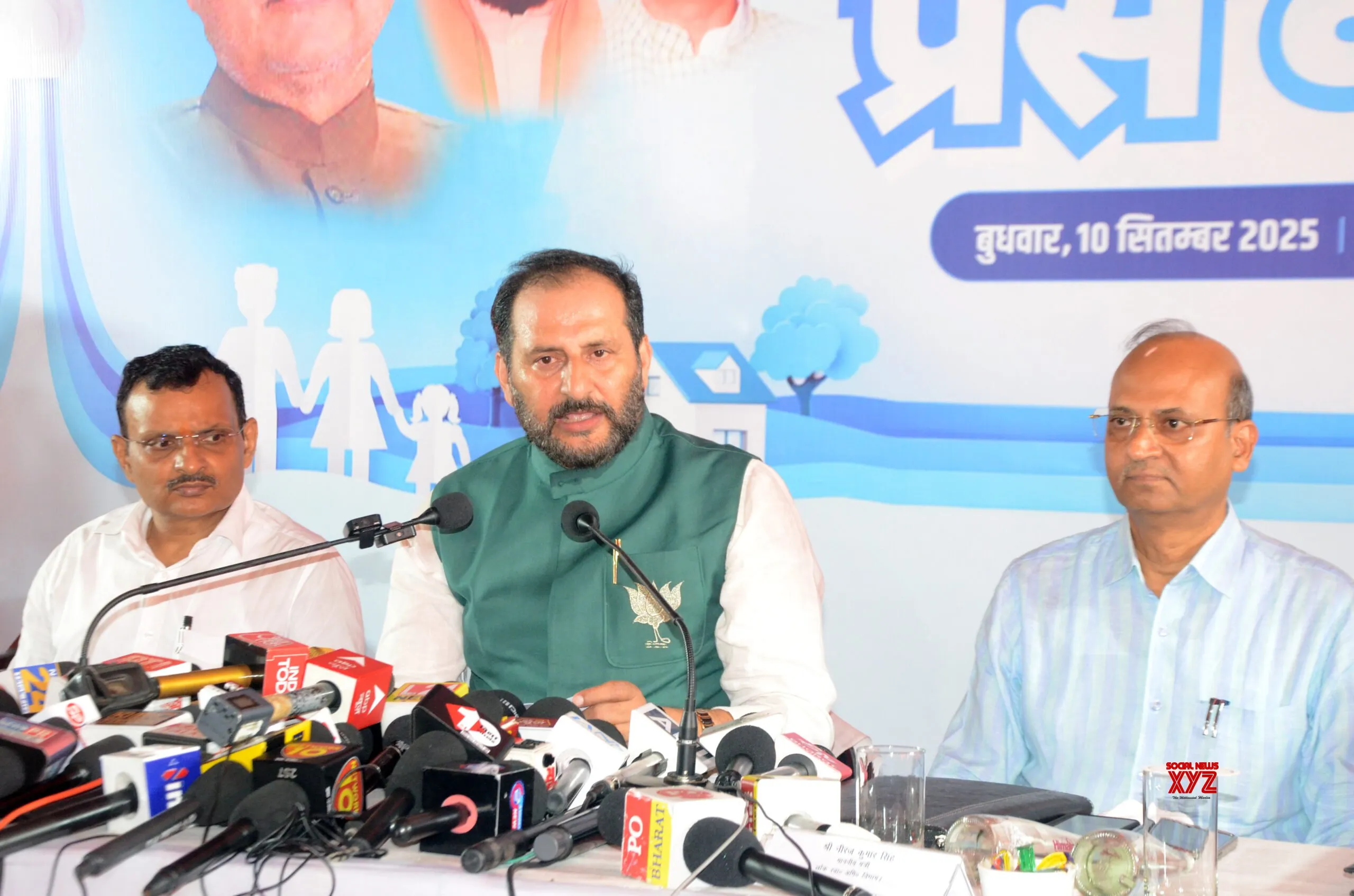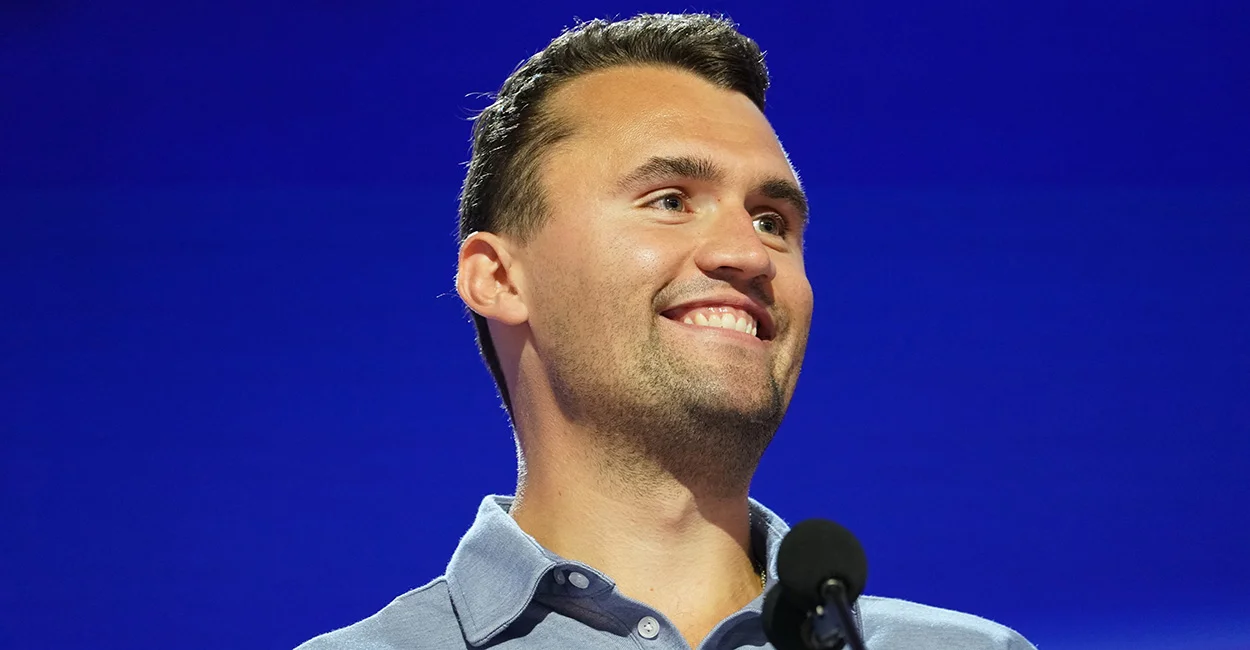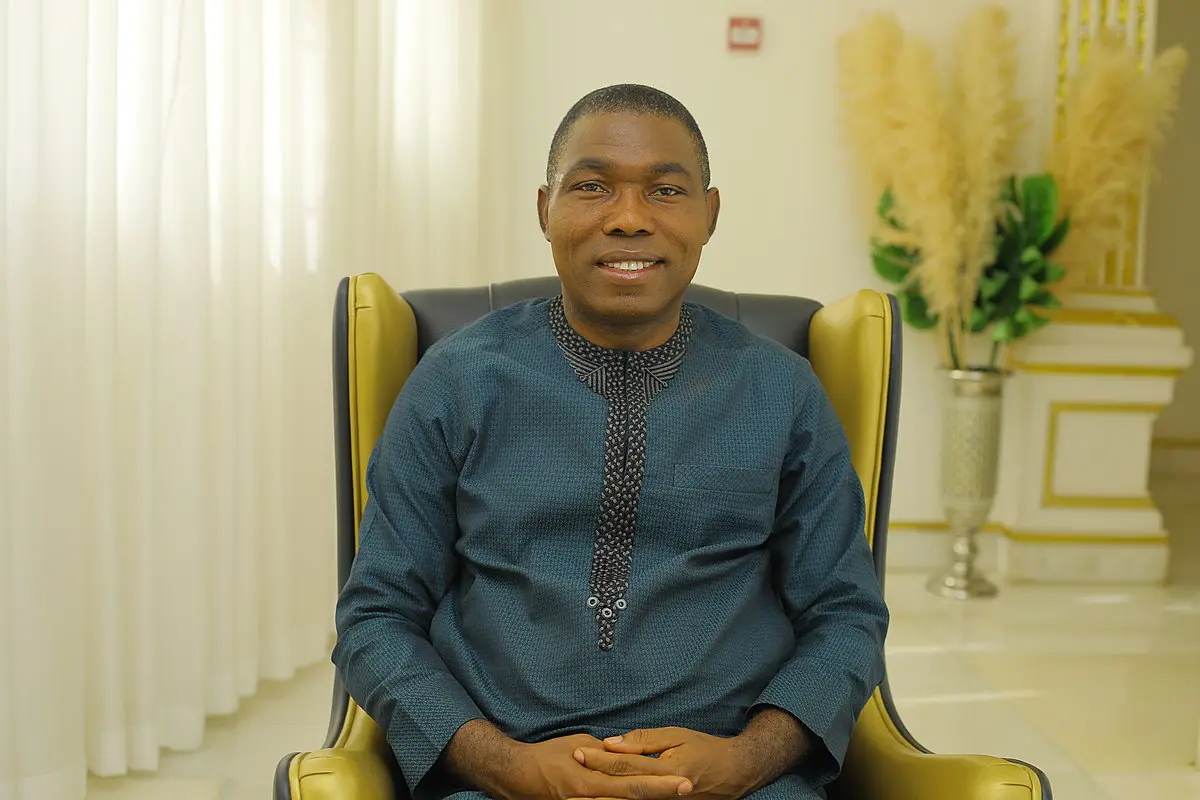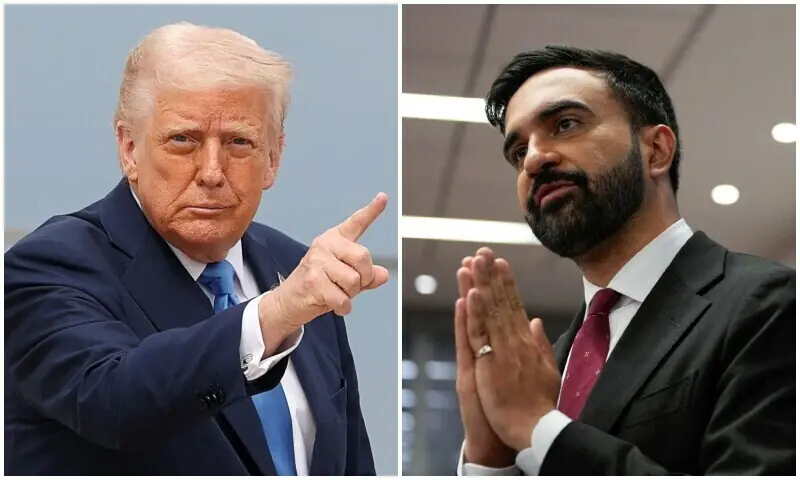It’s official – the stalking of Sussan Ley has begun… as ‘future leader’ sets off a bomb: PETER VAN ONSELEN
By Editor,Peter van Onselen
Copyright dailymail
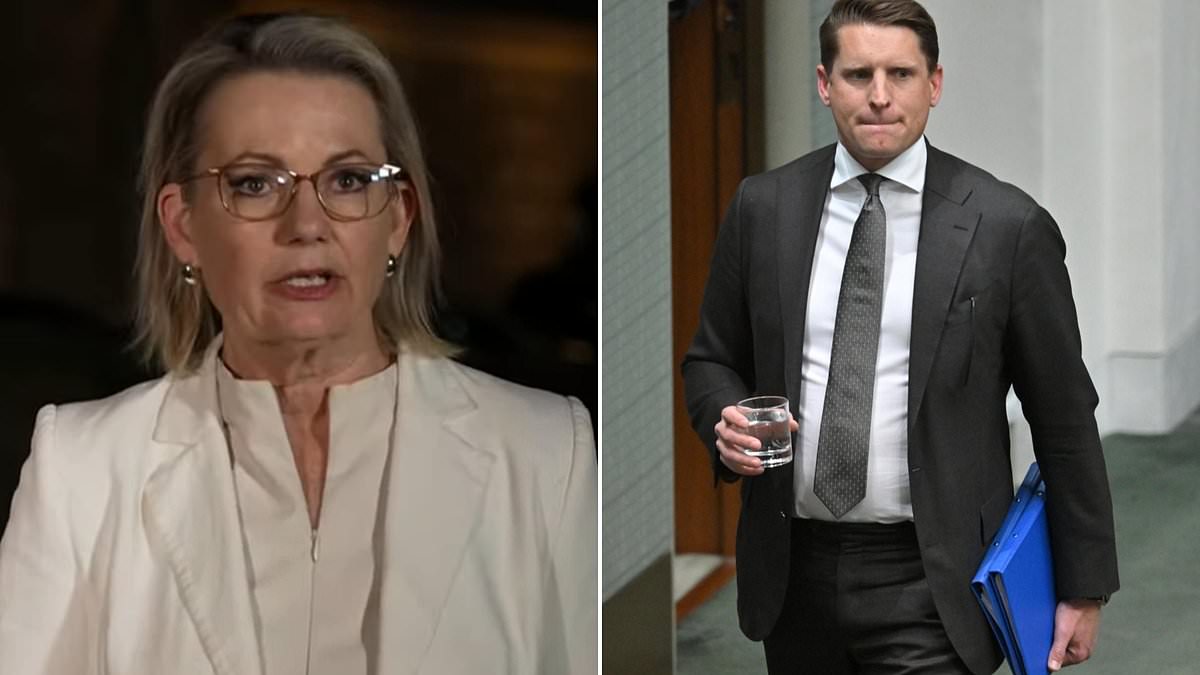
The Liberal Party is about to do it again, splitting on climate change.
Frontbench WA MP Andrew Hastie has said that he’ll resign from shadow cabinet unless the party drops its commitment to net zero emissions by 2050.
It is hard to imagine leader Sussan Ley agreeing to ditch the policy, given her previous remarks, coupled with her more moderate tendencies compared to those of Hastie and others.
Members of the Liberal Party’s conservative faction are the ones pushing to dump the target. Not all of them, but many. It’s hard to believe if Hastie steps down others won’t follow, severely wounding Ley as leader.
The reason this issue is so divisive is because even if conservatives were to resign en masse and subsequently challenge Ley for the leadership, what’s to stop moderates splitting the party again in the same way soon afterwards – by refusing to serve on the frontbench of a party that won’t support a net zero target.
The decision by Hastie to bring this standoff to a head is, in itself, an interesting one.
Nationals MP Barnaby Joyce has put forward a private member’s bill in Parliament to abolish net zero. You’d expect Labor to give him the time to debate and vote on it, if only to prise open the divisions on the Coalition side.
Yet Joyce has implored Hastie not to do exactly what he’s now doing. Joyce has told Hastie he can’t vote for the bill because it would force him off the frontbench.
Yet Hastie is now even pre-empting that moment in time with his ultimatum for Ley.
The problem with this whole debate is that it’s much ado about nothing. The target is 25 years away. Few if any of the politicians currently in the parliament will still be serving to be assessed on how successful they are (or otherwise) in reaching it.
The target is also pie in the sky anyway. We aren’t remotely on track to achieve it, just as we’ll miss far easier to achieve targets along the way.
It’s a lofty goal you can sign up to without needing to do the things necessary to get there.
That, by the way, includes Labor, who are unwilling to embrace nuclear technology, for example. Without it, net zero may well be impossible to achieve, unless wind and solar power and battery storage move forward in leaps and bounds via technological improvements yet to be invented.
Former PM Tony Abbott appears to understand this with comments he made early last month:
‘I don’t think we need to get into the theological question of net zero. That’s not going to help us. We don’t want to get stuck on the question: do we or don’t we support net zero. The test for the Coalition is having a clear, sensible and credible energy policy.’
Hastie doesn’t appear to have got that memo. His stand on opposing net zero appears to be predicated on conviction, ignoring the pragmatic realities Abbott has noted.
Liberals can challenge Labor’s policies designed to achieve net zero – higher energy bills for example – without having to ditch the lofty target. Hastie doesn’t seem to realise that, or is unwilling to back a promise he knows will be broken.
It’s not just that it’s a largely meaningless target anyone can commit to in words without consequences – failing to support it is politically dangerous.
Younger voters believe in climate change and the net zero target. Even the broader electorate does these days. Opposing the net zero target makes it easy for Labor to paint Liberals as dinosaurs, out of touch with the public on this broader issue.
While there are voters on the right who could never bring themselves to back net zero, or a party that in theory at least backs it, we have preferential voting. They might park their first preference with a party such as One Nation, but they are hardly going to preference Labor above the Liberals thereafter. And they have to distribute preferences federally, unlike in some state elections.
Were Hastie using net zero just to wedge his leader in a bid to challenge her, that would be one thing. Misguided strategically perhaps but an understandable foray into the political dark arts. But Hastie isn’t that sort of character. For him, this stand is on principle, not as a tactic to damage Ley for personal promotion.
He doesn’t think the net zero target is meaningful and he’s therefore not prepared to back it anymore.
The chaos to come
The consequence of belling the cat like this is that it brings the internal opposition to net zero within the Coalition further out into the open, inviting more members of the parliamentary party to express doubts.
Hastie is a senior frontbencher. A touted future leader. A key next generational figure, and these days one of the leading conservatives inside the Liberal Party.
His support – at least internally – makes it much harder for Team Ley to paint those opposing net zero as fringe dwellers not worth thinking about.
All of which is to say nothing of the loss Hastie would be on Ley’s frontbench. It’s not like she has a wealth of alternative talent to choose from within the diminished parliamentary team.
Then there are the Nationals to think about. With Joyce and Michael McCormack already stirring the pot on this issue, the injection of Hastie could embolden other Nationals to launch a coup against leader David Littleproud.
Worse still for the Liberals, they might then break the Coalition, meaning that Ley can’t even pick Nationals for her frontbench line-up.
There are only 43 Coalition lower house MPs in the parliament plus a couple of dozen senators plus change to go with that. The total frontbench line-up is 45 – comprising of 30 shadow ministers plus 15 shadow assistant ministers.
If the Nationals pull out of the Coalition there are barely enough Liberal MPs and Senators left to fill the entire frontbench on their own.
And if the conservatives and moderates split on the net zero issue, refusing to serve on a frontbench team supporting or opposing net zero, what then?
There wouldn’t be even close to enough MPs and senators left in a divided Liberal Party to occupy the 45 frontbench positions.
The sort of consequences that a split on the net zero question can cause within the right of politics right now after the impact of the 2025 election defeat is potentially catastrophic.
Even though it’s ultimately such a meaningless commitment, whether you support or oppose it.
Liberals have been split on climate change since Malcolm Turnbull was rolled as opposition leader by Tony Abbott and other opponents of the then Copenhagen agreement, back in 2009.
More than 15 years later and the cracks are still there and about to start opening up wider than ever.
